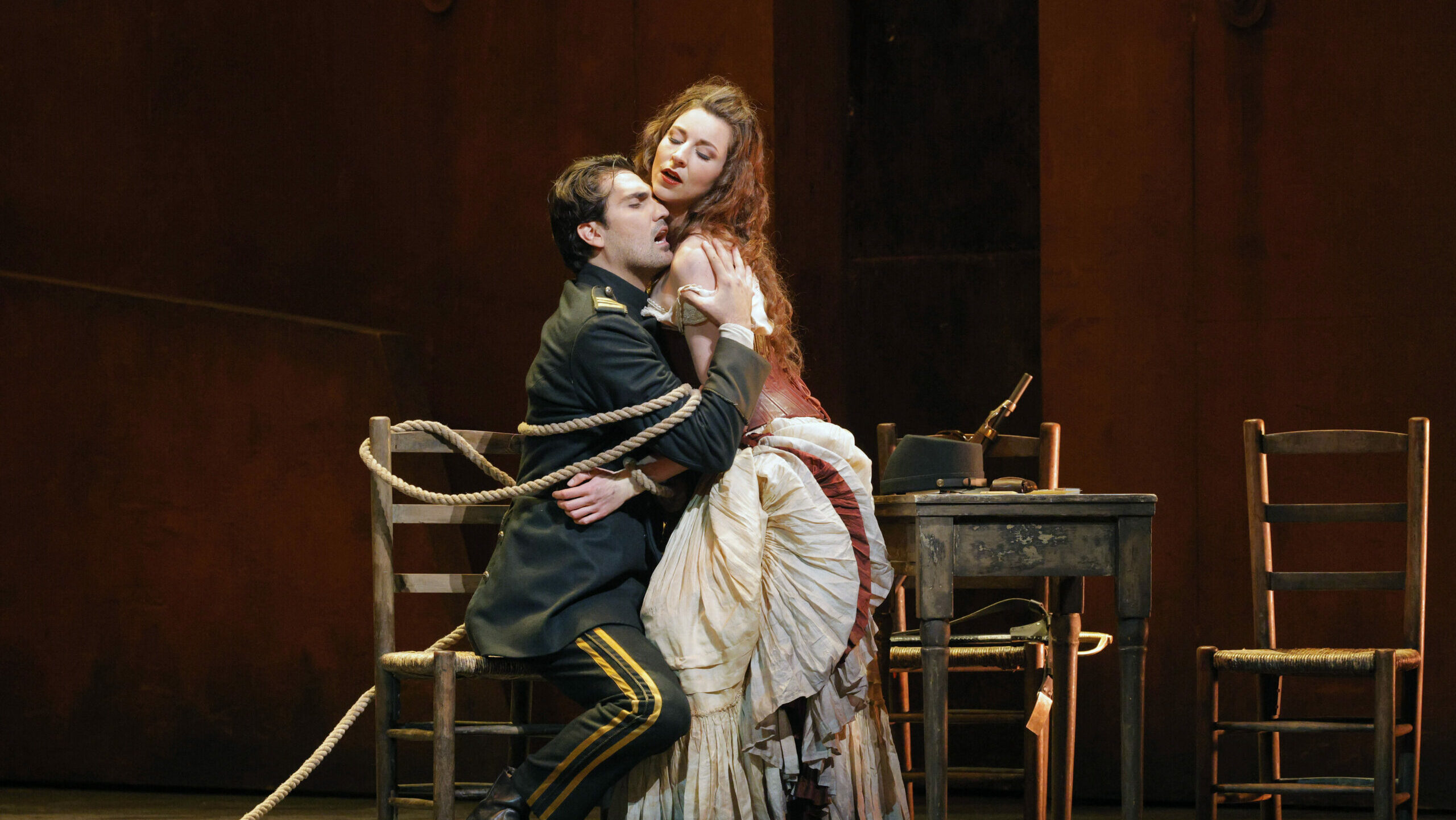
New York audiences were lucky to experience a rare performance of Schoenberg’s immense tripartite dramatic cantata performed by the American Symphony Orchestra at Carnegie Hall on March 22nd. Concurrently, the Metropolitan Opera is presenting a revival of the beloved (and critically reviled) 1987 Franco Zeffirelli production of Turandot with multiple casts – a pair of familiar veterans returned in the second cast bowing on Wednesday night April 3rd.
Working with a German translation of the final chapter of a dramatic poem by Danish poet Jens Peter Jacobsen, the ambitious young Schoenberg started composing the epic Gurrelieder in 1900 at the age of 25 or 26. At this point in his life, Schoenberg was composing in a decadent late-Romantic, post-Wagnerian style in the tonal idiom shared by his Verklärte Nacht (which he composed in 1899, the year before he began Gurrelieder). Gurrelieder is a massive work requiring 150 orchestral players and over 200 singers. (The orchestra includes 4 harps, 6 timpani, a ratchet, a tam tam, a glockenspiel, a xylophone and large iron chains – Arnie was hard, hard core). Unlike most Wagner, it takes fewer than two hours to perform, clocking in at about 100 minutes.
The work lay unfinished until 1910 when he completed it and it had its premiere in Vienna in 1913 conducted by the composer Franz Schreker. The premiere was a huge public triumph which the composer held in contempt – he had already moved on to his atonal period (less loved by audiences) and felt he had left this compositional style and sound world behind.
But in its way, Gurrelieder is the final flowering of post-Wagnerian late Romanticism in classical music and Schoenberg never composed another work like it. Richard Strauss (who had his own Wagnerian fling with his 1894 opera Guntram) and Gustav Mahler (a mentor and supporter of Schoenberg) were also influences on Schoenberg’s compositional style here. Dr. Leon Botstein, the conductor of the evening and the artistic director of the American Symphony Orchestra, opined in his pre-performance lecture that we may not hear the work performed again in our lifetimes. This is because Gurrelieder was very much a beneficiary of the Mahler revival. Now that musical fad seems to have passed along with its proponent conductors (Bernstein, Böhm, Stokowski, Ozawa, Levine, etc.), this unwieldy, hard to classify and frankly, expensive work will pass with them back into obscurity. I hope that is proved wrong since it is a fascinating work that needs to be heard live (not canned) to make its full effect.
The first section is a series of love songs (not duets but separate odes to love and nature) by King Waldemar and his extramarital amour Tove. Their nocturnal trysts take place in the Castle of Gurre. This section is heavily indebted musically and thematically to the second act of Richard Wagner’s Tristan und Isolde. The brief second section consists of Waldemar cursing God for his cruelty in allowing his beloved Tove to be murdered by his jealous queen. For this blasphemy Waldemar is cursed to ride eternally at night with his dead vassals across lake Gurre. The final section portrays the undead vassals rising from the grave including the sardonic fool Klaus and the peasant. A narrator recites the The Summer Wind’s Wild Hunt concluding with a radiant choral ode to the rising of the sun “Seht die Sonne!” (“See the Sun!”) hailing Waldemar’s redemption from God’s punishment.
Gurrelieder is all very over the top with everything but the kitchen sink thrown in. Full of the ardor, self-confidence, and exuberance of youth but with a veteran’s command of musical composition and orchestral expertise. Dr. Botstein is not one to balk at huge challenges and he threw himself into this maelstrom with vigor. Previous ensembles who have performed Gurrelieder at Carnegie Hall include the Boston Symphony, the Philadelphia Orchestra and the MET Orchestra under Leopold Stokowski, Seiji Ozawa, Sir Simon Rattle, and James Levine, respectively. The New York Philharmonic performed it under Stokowski and Zubin Mehta. Botstein and his pick-up orchestra of skilled New York musicians attacked it with force and considerable energy. I was able to luxuriate in the fascinating orchestral textures that Schoenberg wrought from such massive orchestral forces. I heard no bloopers from the ensemble and it all held together.
However, I suspect rehearsal time was limited for such an immense undertaking. There was a lack of shaping, nuance and variety in Botstein’s reading suggesting that they just had time to get it all assembled but not much for subtlety or interpretation.
For example, the text of Tove’s first solo “O, wenn des Mondes Strahlen” is evocative of moonlight and nature (similar to Isolde in Act II of Tristan). The CBS/Sony recording under Pierre Boulez (which benefits from the enhanced balances studio microphones can achieve), envelops Marita Napier’s Tove with shimmering, ethereally transparent strings. The studio engineers keep Napier’s voice well in the foreground.
Botstein’s reading of this song was much louder, darker and turbulent with no sense of moonlight or romantic delicacy. The excellent soprano soloist, Felicia Moore, remained distinctly audible but partially receded in the dense, orchestral mass. She was luckier than the Waldemar, tenor Dominic Armstrong, who was often buried and inaudible in the orchestral tumult. 150 musicians are hard to tamp down in a Wagnerian/Mahlerian onslaught. Dr. Botstein maintained a dark, heavy tone throughout until the final chorus where rays of light were allowed to penetrate his massive, loud interpretation.
The soloists were all more than capable. I had admired Dominic Armstrong in his appearances with New York City Opera in its last full performing years. The role of Waldemar requires a heroic voice, ideally a Siegmund or a good Strauss Bacchus or Emperor-type heldentenor. Armstrong’s full, dark lyric tenor worked manfully but was ultimately defeated – he labored heroically to hit the notes but lacked projection and expansion. Waldemar is a thankless role like Bacchus or the tenor soloist in Das Lied von der Erde.
Felicia Moore, who I last saw in the title role of Janacek’s Kat’a Kabanova at Juilliard, sang with lush, richly sonorous and seamless tone as Tove. She is a rather stolid stage figure without much facial expression but the voice is absolutely first-rate and the technique impeccable. I was glad to hear that she is performing roles like Sieglinde in high profile productions in Europe. Moore also debuted at the Met this season in a smaller role in Malcolm X.
Mezzo-soprano Krysty Swann as the sorrowful Waldtaube (Wood Dove) ravished the ear with voluptuous tone but textual specificity was lacking and some musical attacks were imprecise. Tenor Brenton Ryan as Klaus the Jester jauntily entered from the aisles then clambered up to the stage. He had plenty of specificity in his talky narrative solo which he performed totally off-book with personality and panache. Veteran baritone Alan Held was solidity and professionalism incarnate as the Peasant. Bass-baritone Carsten Wittmoser was an enigmatic and sardonic Narrator (a role done in the past by retired singers like Hans Hotter, Franz Mazura and Ernst Haefliger).
One always admires Dr. Botstein for his ambitious and wide-ranging programming. This work hadn’t been performed in New York for over 20 years. Our musical horizons would be much narrower without his vision and enterprising spirit enlivening the musical scene here in New York City.
Puccini’s Turandot was his final (and unfinished) opus (which, if you are reading this blog, you likely already know). It is also the last Italian opera by an Italian composer to enter the international mainstream repertory (which you also must know). When Turandot opened at La Scala in 1926 under Arturo Toscanini it ended an era of operatic history which began with Peri and Monteverdi in 1600 and ended more than four centuries later. It also is lavishly orchestrated and massive in its forces showing how Puccini absorbed Wagner, Strauss and Debussy and adjusted their musical techniques to his own Italian nature and musical style. It is the final flower of the old tradition of Italian opera – flawed, incomplete and pointing artistically both backwards and forwards. Decadent and vital at the same time, it is a grand finale and a frustrating one.
The Met’s umpteenth revival of Puccini’s Turandot, which opened this season in late February initially was afflicted by a distinct case of terminal revivalitis – the diagnosis where an older production becomes a tired ritual, full of directorial touches shorn of their animating and motivating spirit where a sense of fatigued routine has set in. A dynamic conductor, Oksana Lyniv, tried to inject life into the occasion headlining the debut of two internationally admired singers. However, I found Elena Pankratova a vocally grainy Turandot lacking tonal radiance who nudged the notes along rather than soaring with them over the orchestra. Tenor SeokJong Baek, in his debut season, was a vocally solid Prince Calaf whose ringing, sturdy tone was not directed or colored by a sense of what he was singing about or why. He remained a sonorous cipher onstage. Only the reliably touching, musical, and committed Aleksandra Kurzak moved the heart, beguiled the eye and ear, and stole the show as Liù (as most Liùs do unless you got a Corelli and Nilsson center stage).
When it was announced that the second cast had veteran singers – Christine Goerke and Roberto Alagna – taking over the demanding leading roles my heart sank a bit. Goerke is going to be 55 this year, has been vocally uneven and compromised in recent appearances, and canceled much of this season due to physical ailments. Turandot has always seemed to be a partial fit for her dark and middle register-weighted dramatic soprano. Her voice is like a pyramid that is massive and expansive below but narrows at the top. Roberto Alagna, though eternally boyish, is 60 years old and years of spinto and dramatic roles have taken the sheen off of his bright, lyrical tenor. This run marks his local role debut as Calaf at the Met after nearly 30 years of service.
Well, leave it to the old-timers to get the job done. Alagna though his tangy, lemon-tart tone is a little drier and less pingy than it was in the previous two decades, displayed a physical and vocal energy that belied his age. Alagna was a masculine, determined and positive theatrical presence throughout, not a lurching and arm waving voice machine. I can’t think of another 60 year-old tenor who has sounded and looked as good in this role. In the first act, his phrasing was rather free and full of rubato. This sometimes required some instant negotiation with the alert and propulsive Lyniv whose forthright tempos didn’t allow for much luxuriating in the moment. “Non piangere Liù” in Act I had lyrical caress and urgency.
In Act II, Alagna after going toe to toe with Goerke’s princess, even went for the interpolated high C in the second act line “No, no principessa altera ti voglio tutta ardente d’amor” which (with a little muscling the note up and out) he projected with macho bravura. It didn’t come easy but it came and he didn’t hold anything back. Alagna’s “Nessun Dorma” in Act III climaxed with trumpeted B-flats which took every bit of breath he had (though he would have held them longer if Lyniv allowed him to). The resulting ovation was acknowledged with a smile and a cocky toss of the head from the Franco-Sicilian superstar. Calaf’s big moment having passed, Alagna relaxed and gave some of his best singing of the evening in Alfano’s final duet with Turandot. Goerke also was able to fill out her tone with richer colors, warm middle voice and softer dynamics after hurling icy (if narrow) thunderbolts of tone in Act II’s riddle scene.
Alagna’s fertile dramatic imagination also added depth and variety to this cardboard hero who is borderline detestable in his heedless ambition and aggression. Trying to answer the riddles, Alagna could be seen cogitating and debating his answers trying out and discarding various ideas. In “Nessun Dorma” he heard and reacted to the offstage choral voices singing “No one will sleep tonight” which motivated the next line of the aria. He was genuinely attempting to intervene in the torture of Liù in Act III and was devastated by her death bringing more heart to Calaf than we usually see. He comforted his father in his mourning for Liù. Alagna also is still a trim and physically engaged stage figure with great hair (his own).
The bigger surprise was Goerke in restored and reliable vocal form. No out-of-control vibrato under pressure was audible (and the pressure is constant in this role). High notes were attacked narrowly and softly to place them then nudged up to greater volume and more brilliant projection. Sometimes she started a little under the note, but quickly adjusted the tone to full pitch (Alagna also did this as well in places). Goerke’s sound was narrow and cool but effectively transformed into greater womanliness (in a lower tessitura) in Act III. Christine sounded very much as she did in the part before the pandemic five or six years ago. Also, despite walking rather gingerly on the platforms and steps of the palace chamber set, Goerke’s face and eyes and body reacted to each moment onstage and she matched Alagna in commitment and dramatic responsiveness. I was not expecting to have good news to report here (and was hoping that Sondra Radvanovsky might jump in), but was surprised and happy to be proved wrong.
Another graduate of the Met’s Lindemann Young Artist program, Gabriella Reyes, sang Liù, with lush tone and emotional commitment. She only lacked a cupo piano dynamic on the final notes of “Signore, ascolta” and elsewhere in Liù’s first and third act scenes. The tone did shimmer and spin even if still a little too loud.
Chinese bass Peixin Chen broke the heart in his mourning for Liù after her suicide in Act III (I think this is the saddest and most moving moment in Puccini’s opera and I always tear up when he says he will take her hand and follow her to the place where no one returns). Chen’s mournful and mellifluous bass rose to towering grief and desperation in his final moments onstage, the last music Puccini wrote.
In supporting roles, baritone Alexey Lavrov was a smooth-toned but vocally recessive Pang supported by reliable old pro Tony Stevenson and the bright-voiced Andrew Stenson as Ping and Pong. Scott Scully was no dried out old goat as Emperor Altoum but sang with line and real tone. Jeongcheol Cha as the Mandarin is too young to sound so wobbly.
Oksana Lyniv and the alert and precise Met Orchestra maintained their excellent work in this opera but had an energetic cast with star power at the center to take it to the next level. The staging itself seemed revitalized and I was not bored and fatigued as I was last month.
Turandot photo: Karen Almond


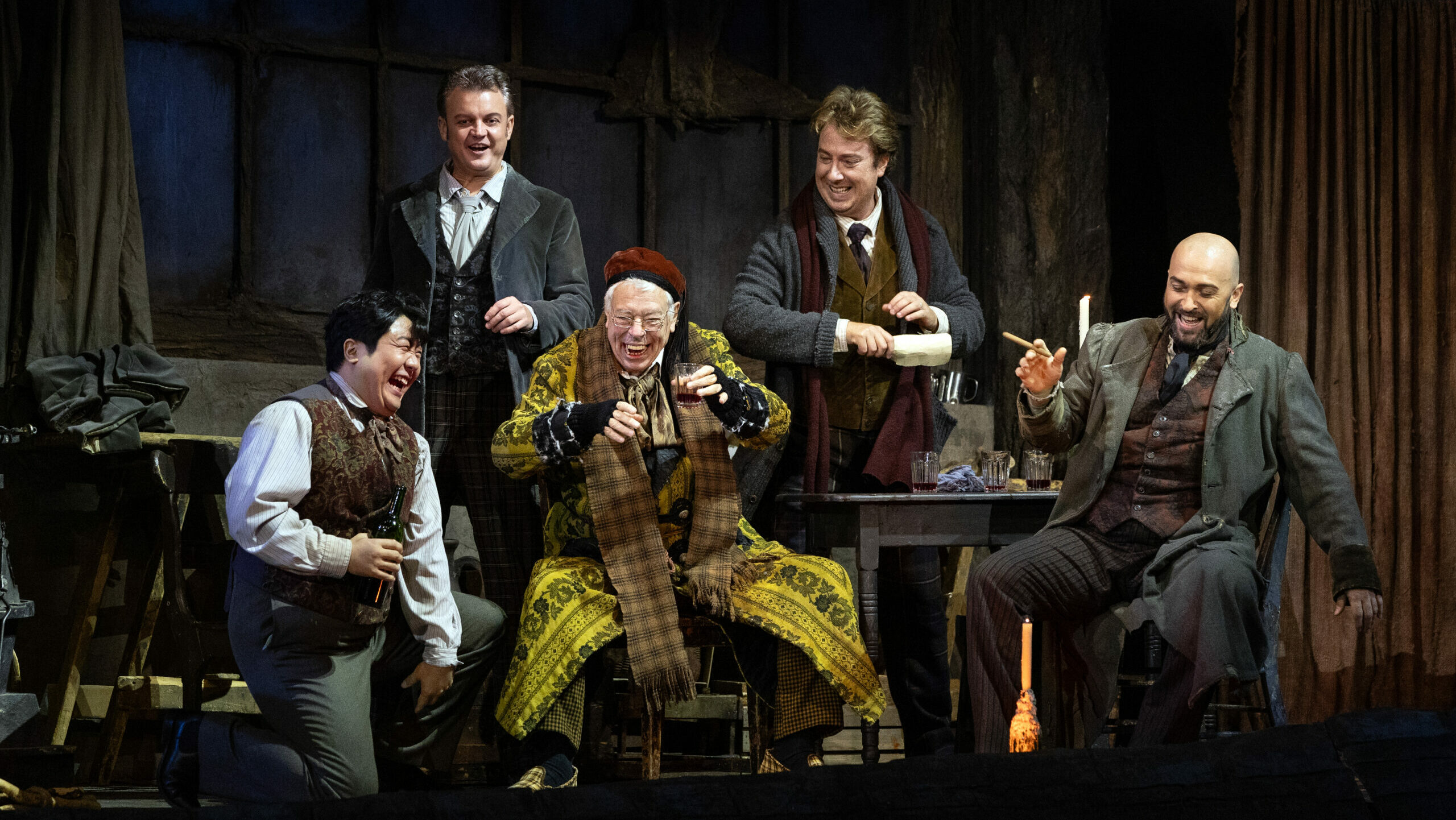
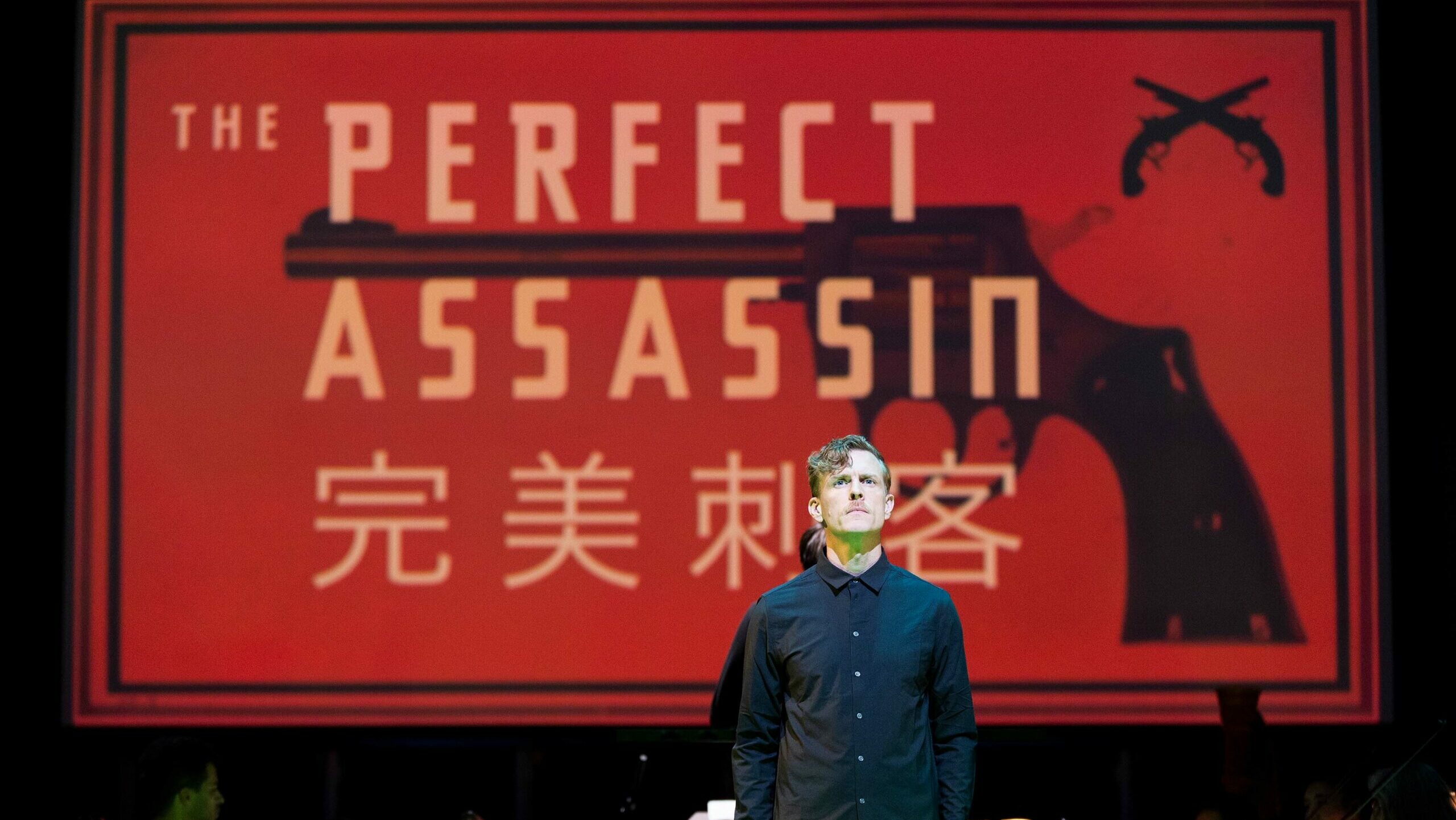
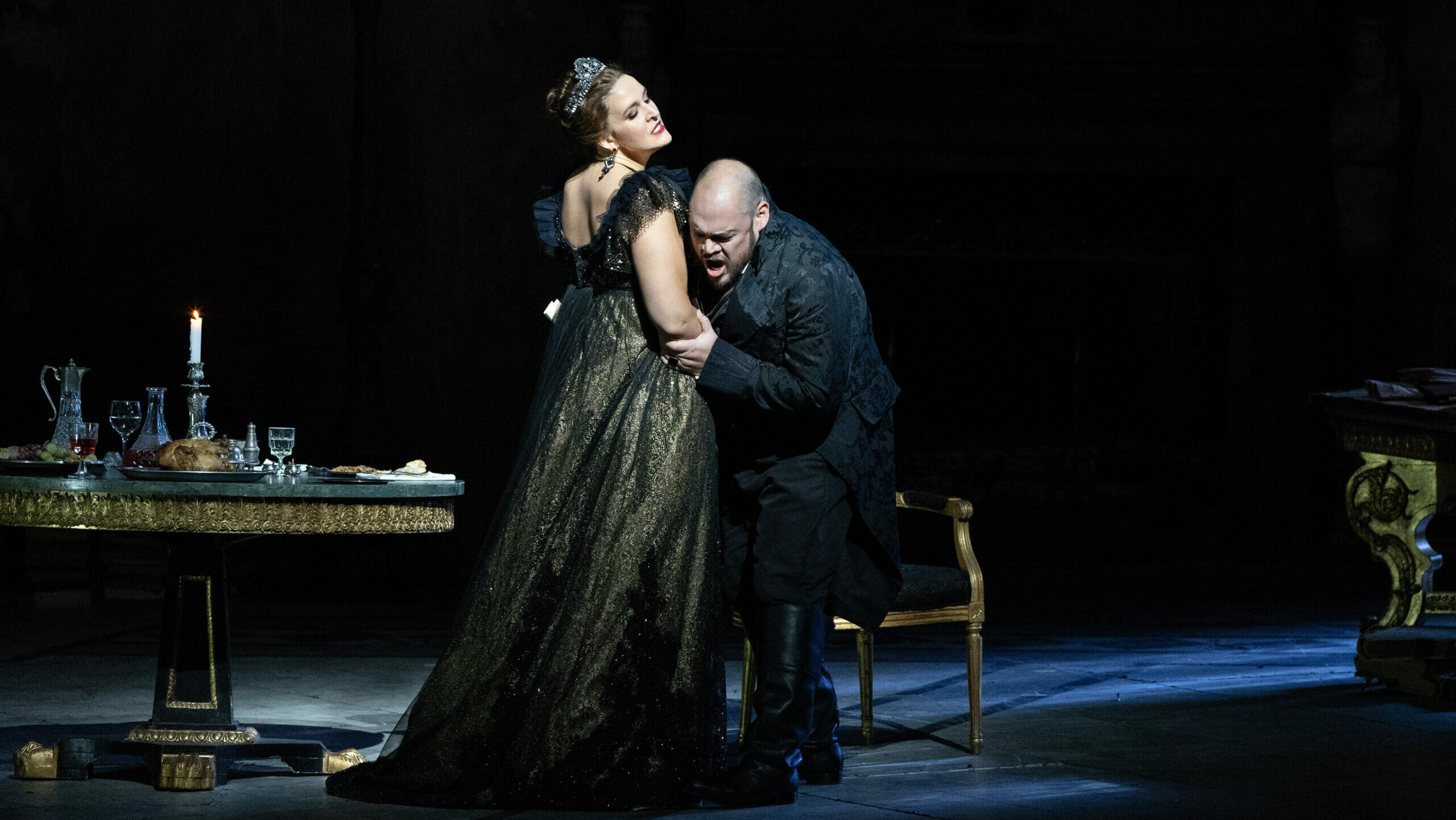

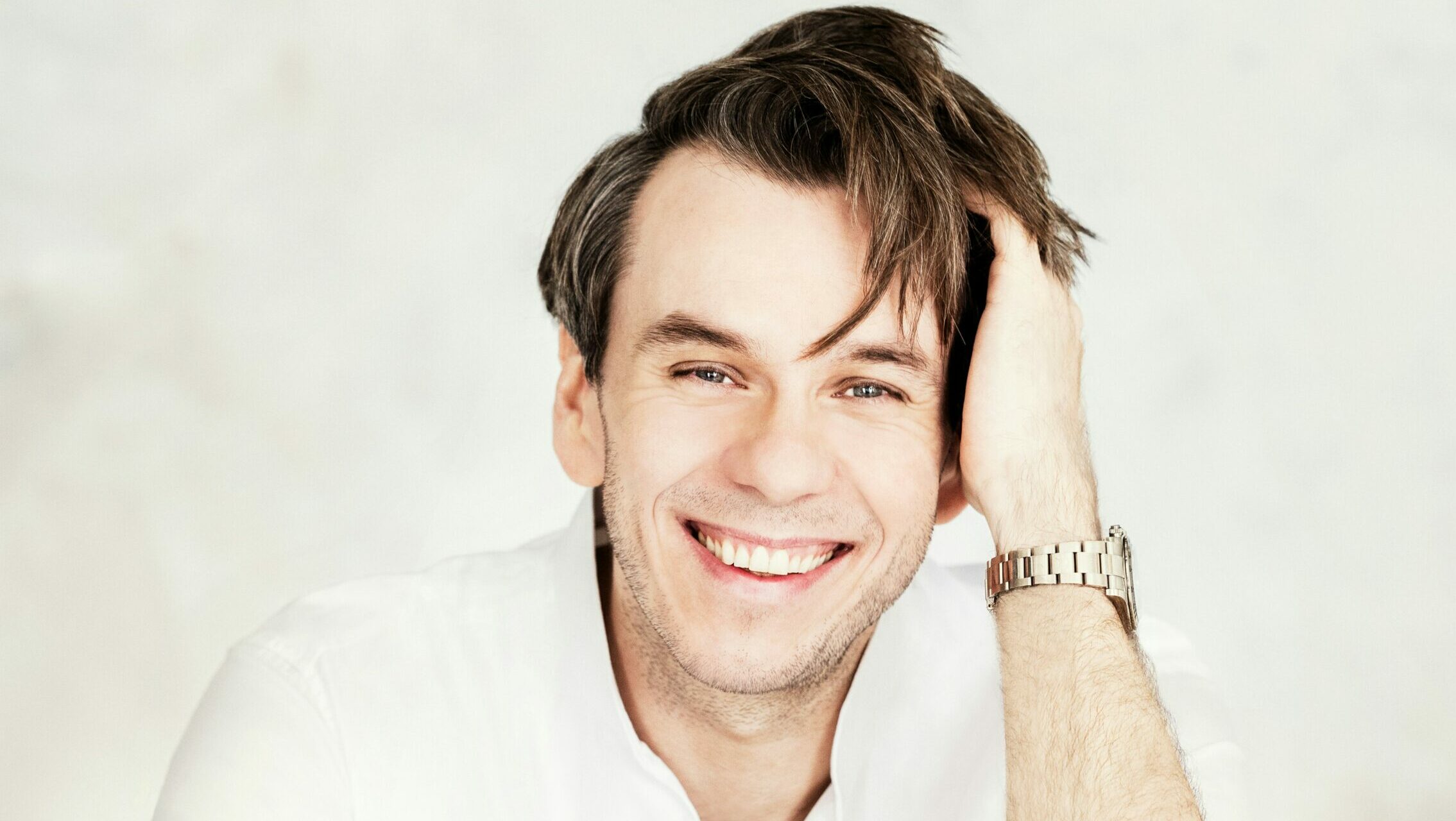
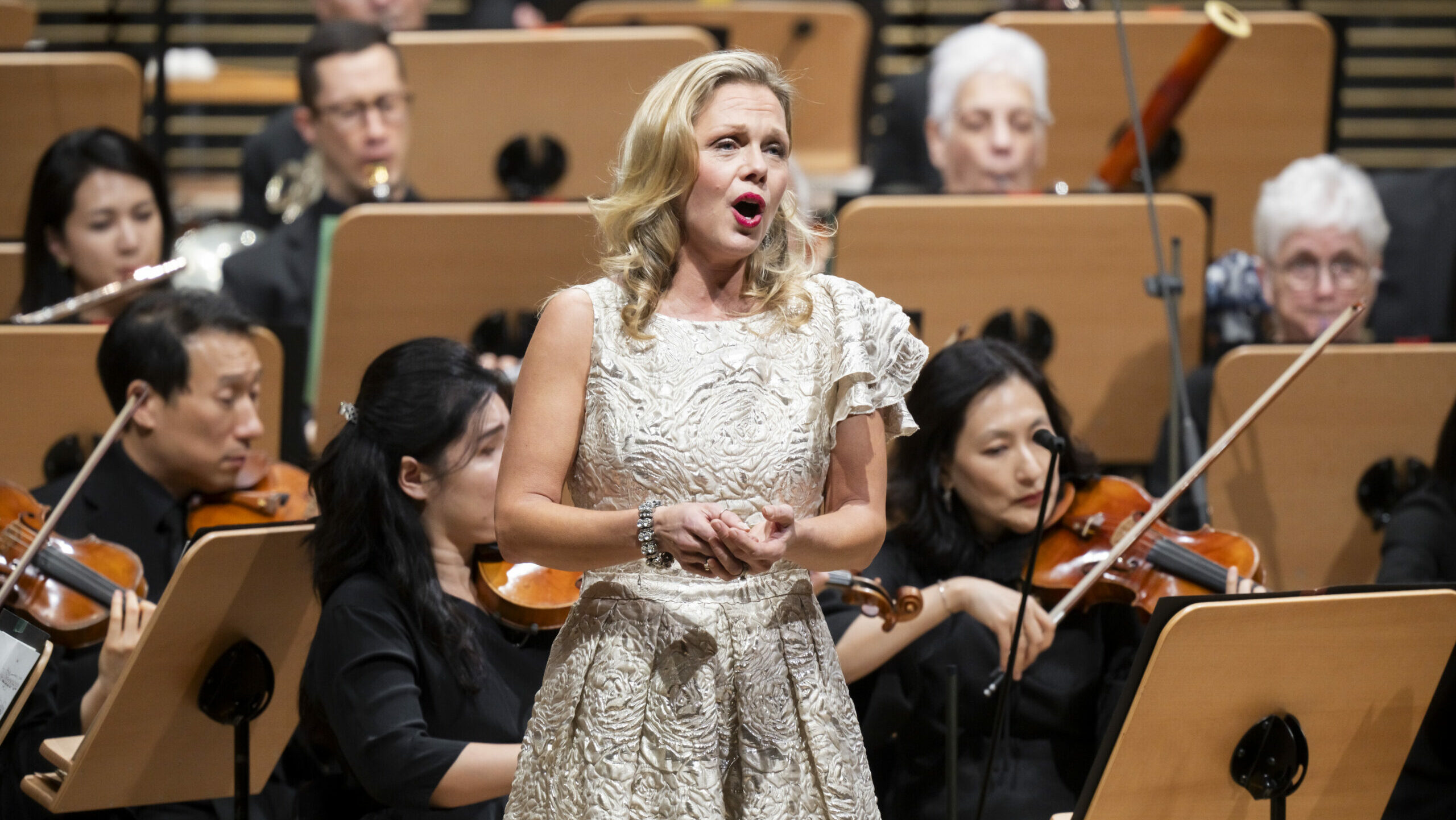
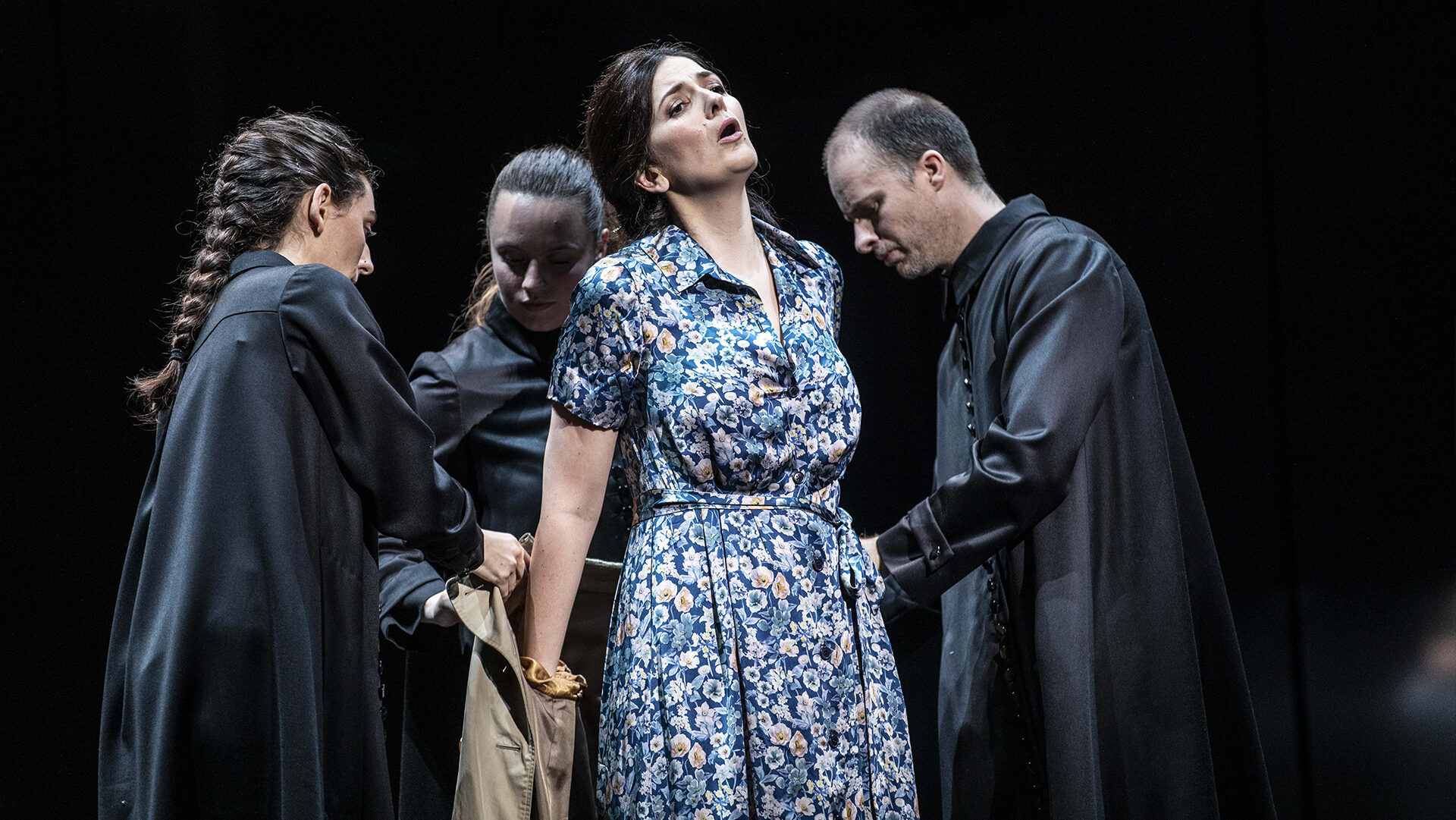
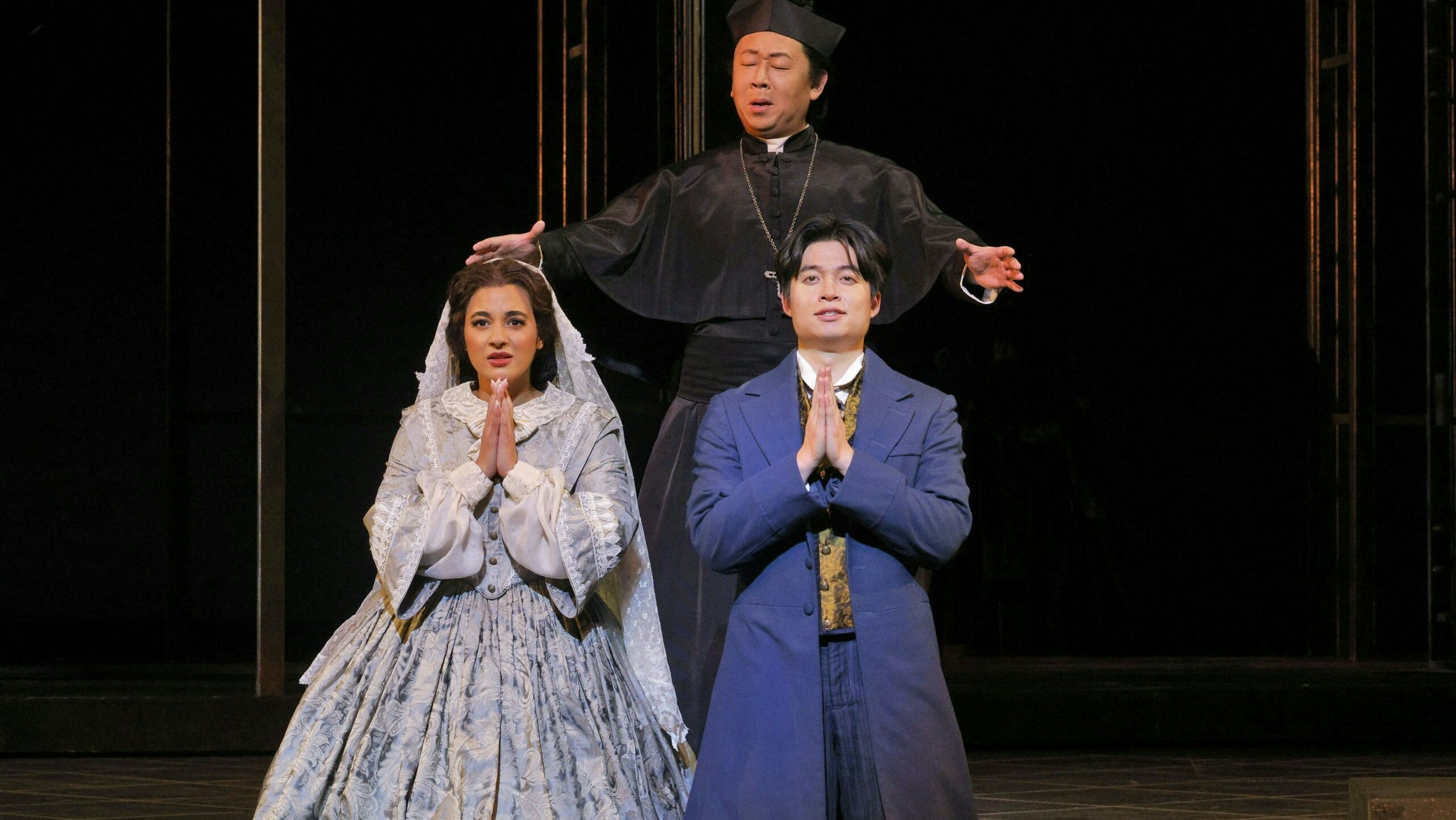
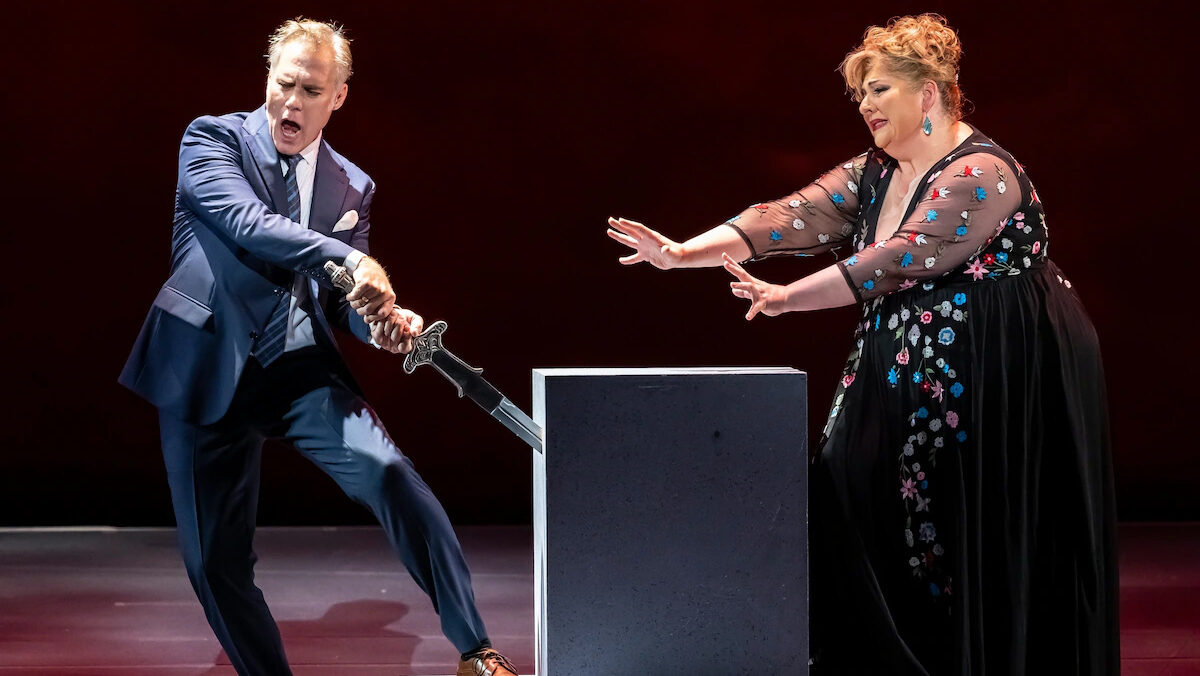
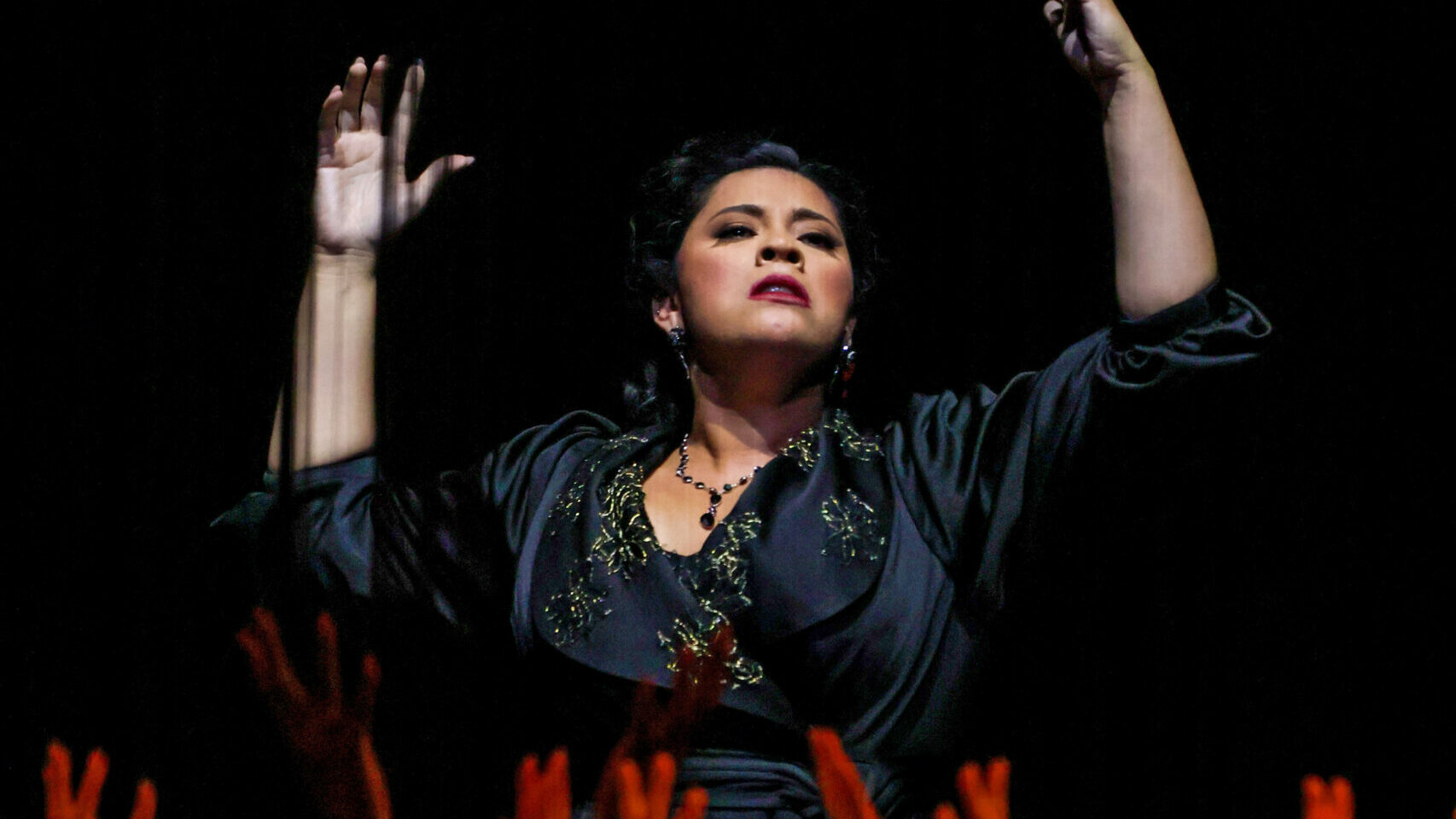
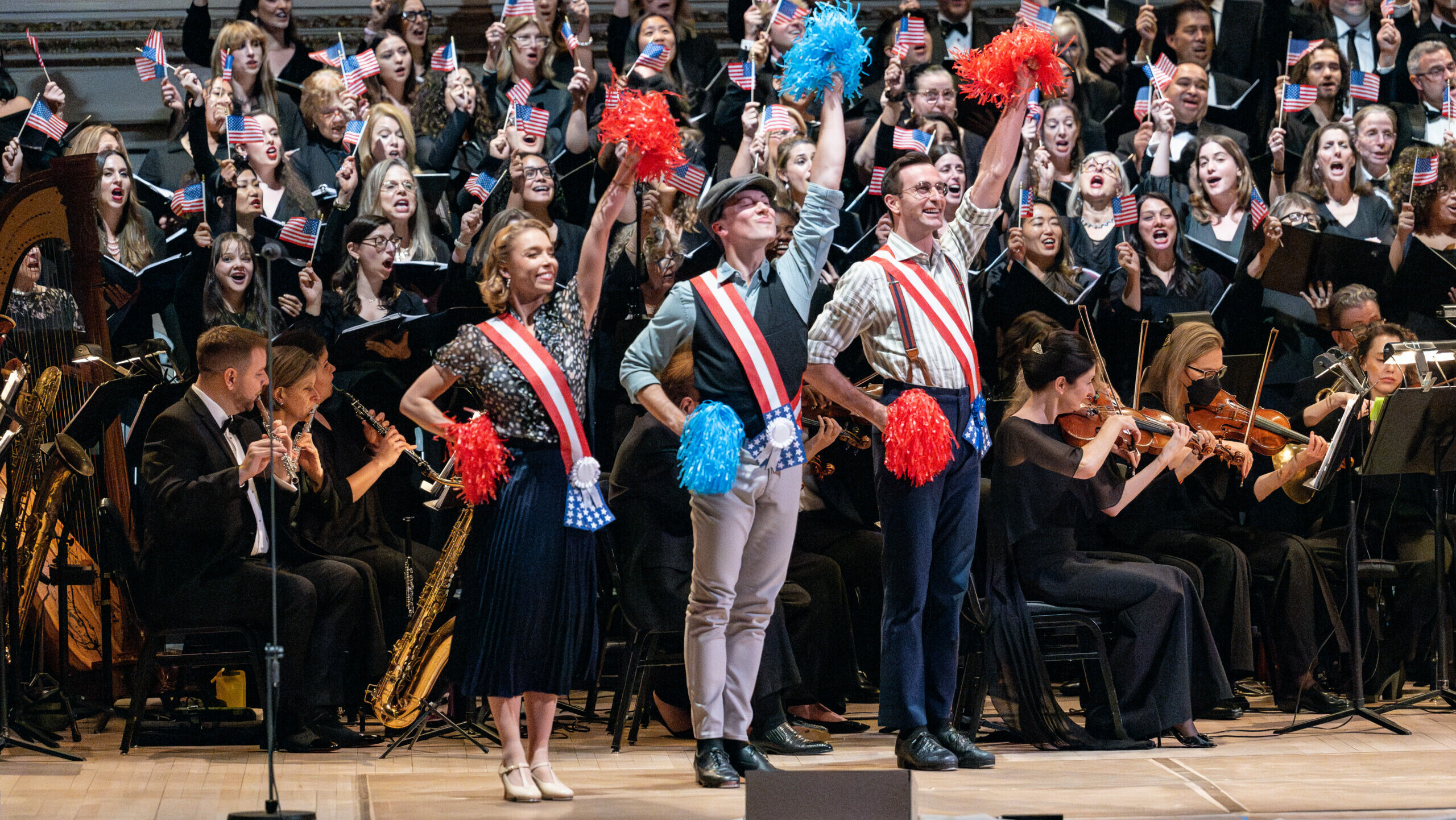
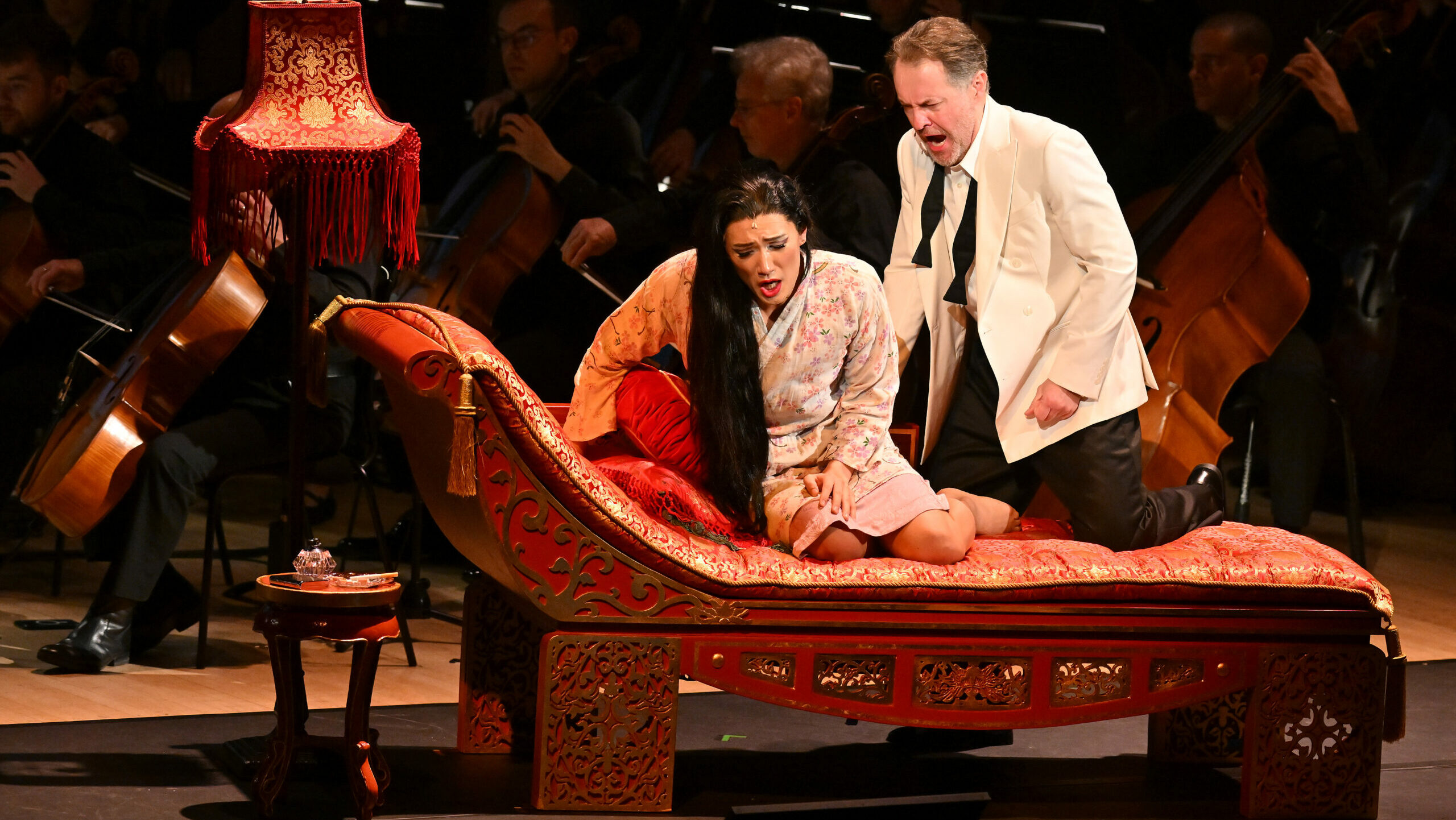
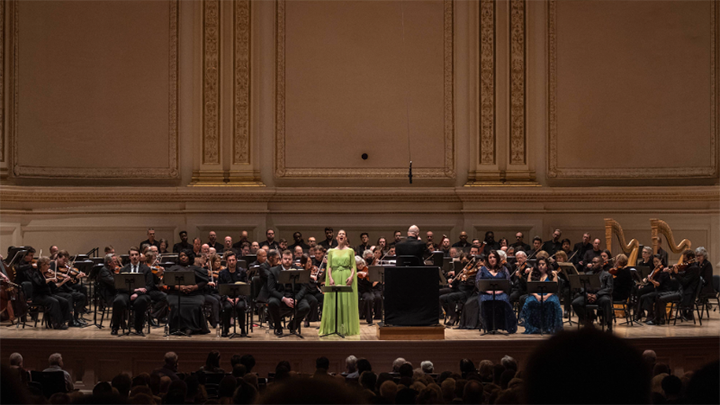
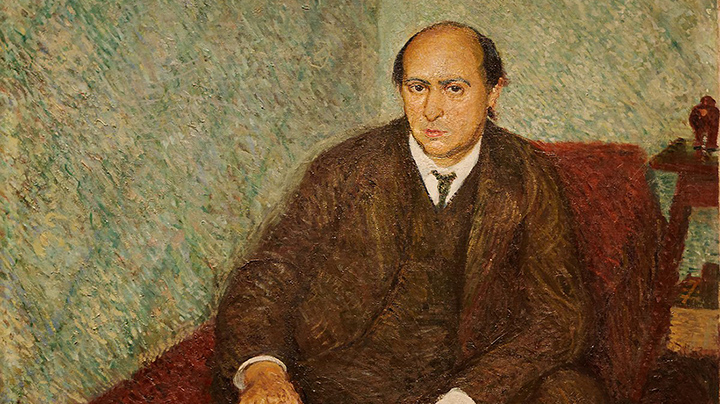
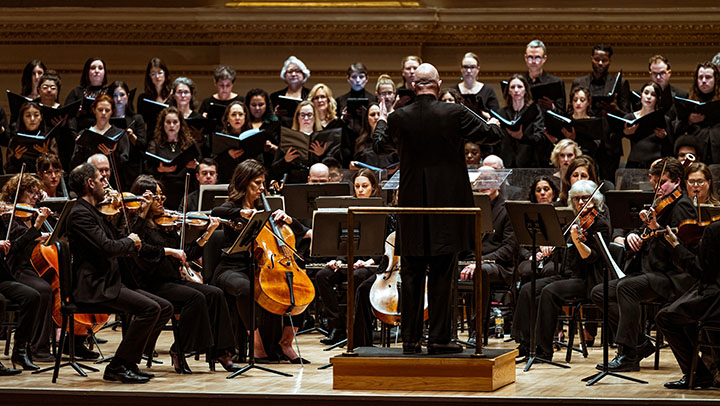
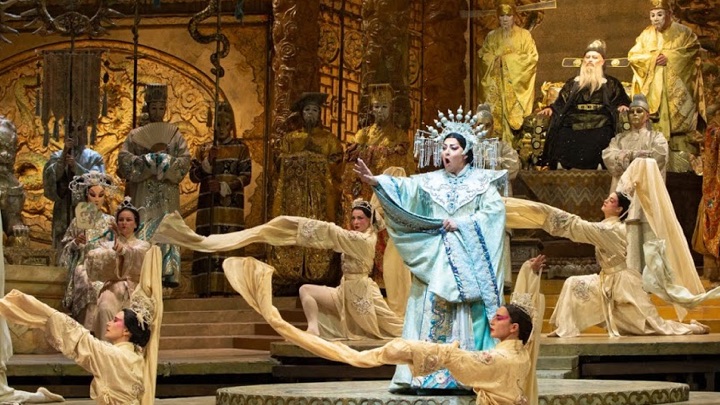






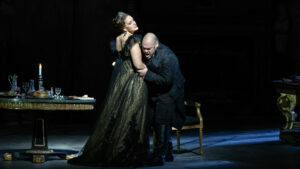
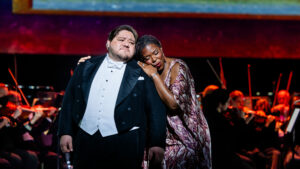



Comments